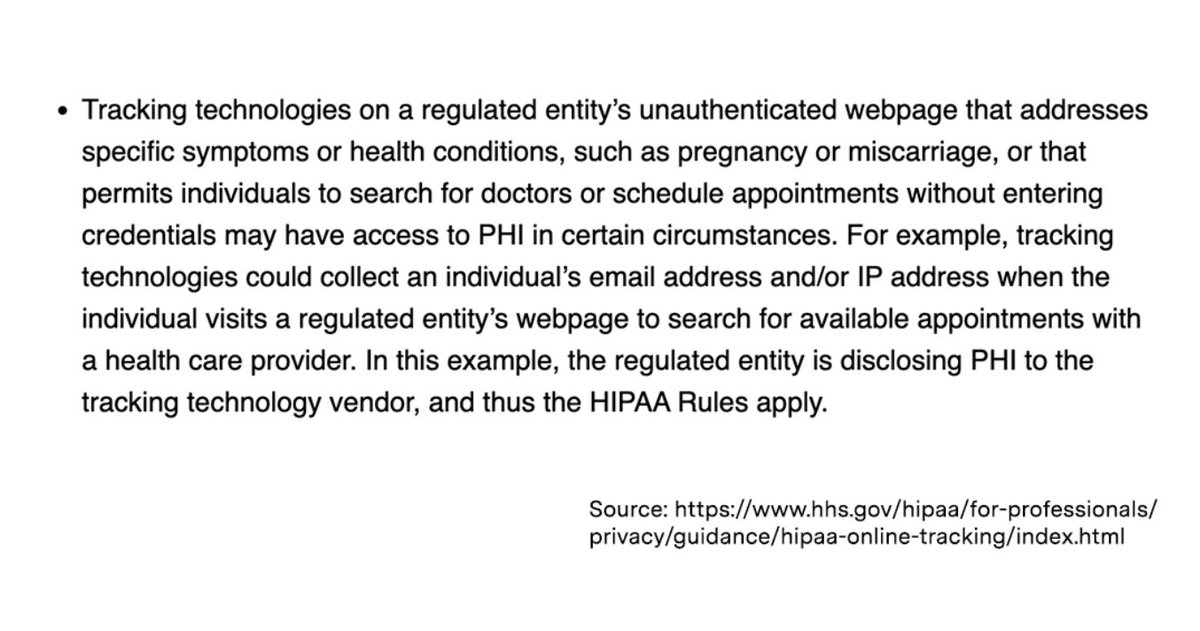📰 What we’re reading 📰
A thread of some of our favorite tech stories from this week by our peers:
A thread of some of our favorite tech stories from this week by our peers:
According to internal discussions, Facebook removed "strikes" so that conservative pages were not penalized for violations of misinformation policies. By @oliviasolon/@NBCNews.
nbcnews.com/tech/tech-news…
nbcnews.com/tech/tech-news…
Google’s secrecy around sales houses is the gift that keeps on giving—to global propaganda rings. By @nandoodles and @catthekin.
branded.substack.com/p/the-secret-w…
branded.substack.com/p/the-secret-w…
Why Are There Currently No Ads on Techdirt? Apparently Google Thinks We're Dangerous. By Mike Masnick/@techdirt.
techdirt.com/articles/20200…
techdirt.com/articles/20200…
Facebook cracks down on political content disguised as local news. By @sarafischer/@axois.
axios.com/facebook-pages…
axios.com/facebook-pages…
Uber Will “Shut Down” in California If It Must Classify Drivers as Employees. By @bigblackjacobin/@motherboard
vice.com/en_us/article/…
vice.com/en_us/article/…
Our favorite FOIA request this week: Emails related to the USPS/Forever 21 collaboration.
https://twitter.com/camfassett/status/1293647616115441667
Bonus: This inventive use of Facebook’s ad library to find coupons for online shopping.
https://twitter.com/carolineha_/status/1292968192550359040
• • •
Missing some Tweet in this thread? You can try to
force a refresh










![Johns Hopkins Hospital [UCLA Reagan Medical Center] [New Yo](https://pbs.twimg.com/media/FVXwyMCXwAYeMBp.png)
![[Johns Hopkins Bayview Medical Center] [Jefferson Health - T](https://pbs.twimg.com/media/FVXwcecXoAIqm2r.png)



